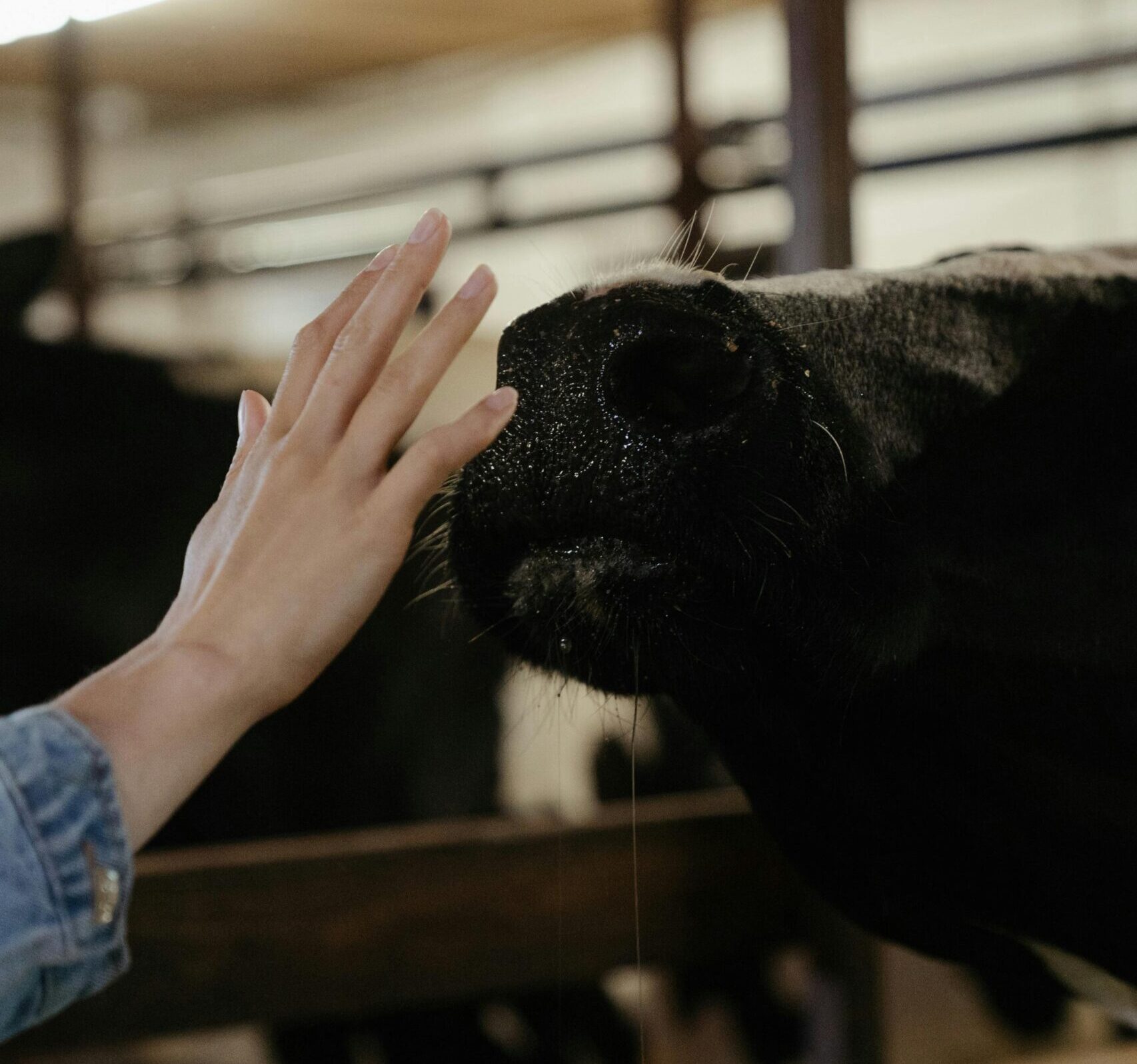Copyright farmersweekly

Reading Time: 3 minutes The current economic downturn is an opportunity for agriculture to draw in skilled labour, experts say. The founder of industry training organisation Agricademy, Alister Shennan, told Farmers Weekly this opportunity should be used as it might not come around again soon. Data from StatsNZ shows the Quarterly Unemployment rate was 5.3% for the September 2025 quarter, a nine-year high, with 160,000 people registered as unemployed during that period. In May, RNZ reported that by the end of 2024 more than 9000 public sector jobs had been cut by the coalition government. Shennan said such high numbers mean tech-savvy workers are now looking for work – workers who would be highly sought after to fill positions in the industry. Industry bodies should join to promote agriculture, particularly as a home for young families, and as an industry where wealth creation is still a possibility, he said. Shennan referenced the Jobbortunities initiative, a programme by Clutha District Council that aims to fill hundreds of job vacancies in the region. City dwellers who moved to the Clutha region found “the job’s good, the community is great, and the cost of housing low”, he said. The chief economist at Simplicity, Shamubeel Eaqub, told Farmers Weekly that data shows there is currently an urban slump, but that regional economies are growing. The amount of responsibility workers have in the agriculture sector is increasing, with more cows and hectares to manage per person. This provides an opportunity to draw tech-savvy, well-rounded and younger people to ag, Eaqub said. To draw more people into agriculture, the partners of new workers also need sustainable work, he said. There is a lot of turnover in the industry, which is disruptive for both workers and for businesses, but many seasonal jobs could be adjusted so that they are permanent, giving people a reason to stay in the industry, he said. Eaqub also cited the Clutha example, saying workers drawn to Balclutha found much lower median house prices than in cities, and that there are wide-ranging job opportunities, for categories from labourer to food scientist. Regional economies would be invigorated if skilled labourers were retained, he said. Reefton dairy farmer Caleb Russ told Farmers Weekly that transitioning into dairy farming had ticked all the boxes he and wife Jordan wanted for their future. Caleb was working as a mechanical engineer manufacturing logging equipment and was at a place in his career where he considered starting his own business. A dairy farmer friend asked him if he wanted to be a dairy farmer, and the two now sharemilk together. He said being a dairy farmer means the family is integrated into the business, not only benefiting from the lifestyle of literally living in the workplace, but Jordan can also use her admin skills to benefit the business. Caleb’s skills as mechanical engineer have translated directly onto the farm, with the farm team not needing to hire anyone in for, for example, difficult welding jobs. He said if he didn’t have a farming friend who helped him step into dairying the transition would have been more difficult, especially as he would likely have had to take a pay cut and start at the bottom. It would be helpful if the industry could have clear messaging around where someone can be after 10 years in the industry, he said. “They’d be more interested if they knew they’d be better off than what they would be in a wage job. But it looks quite daunting from the outside,” Caleb said. Farmers Weekly Poll



